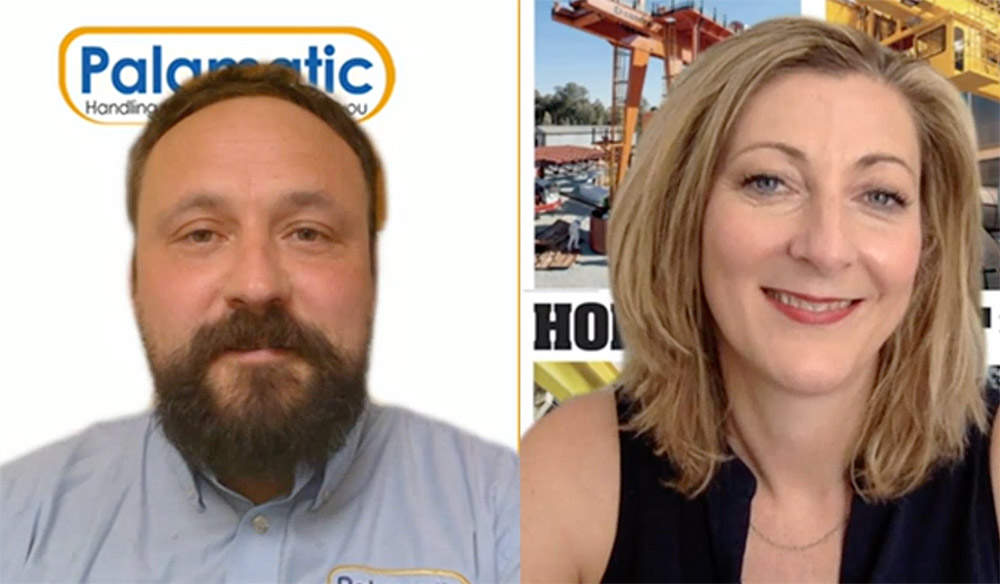Palamatic sees weight of fire doors increasing since Grenfell Tower disaster
5 July 2021Palamatic has seen an 18% rise in sales in the last year, owing to an increase in demand in the food and beverage industry as well as new standards released regarding fire doors and insulation panels for tower blocks, following the UK Grenfell disaster.
The material handling company, based in Chesterfield, UK, provides everything from vacuum tube lifting systems to support gantries, and automatic sack opening machines for the food & beverage, pharmaceutical and healthcare industries among others.
“A lot of our equipment is based around vacuum handling but we also use pneumatic technology as well. The challenges today are manufacturers need equipment faster than ever and we have seen a big increase in demand from food companies, such as putting in new ready meal lines for supermarkets. We operate globally and we have a lot of projects going on overseas and in the US to install powder handling and bag opening systems, lifting bags into processes and drums,” said Matt Bennison, area sales manager, Material Handling Solutions, Palamatic.
“We are also heavily involved in the woodworking industry, where we lift panels of wood which are lifted onto saws where they can be cut into doors or different sized panels. Quite often it means lifting heavy weights such as 150 kilos for fire doors. You can’t expect two people to lift that manually.
“The weight of the panels of fire doors and insulation panels for walls are increasing since the Grenfell Tower disaster, four years ago, putting pressure on workers to lift heavy products, which they can’t do and so they call on Palamatic machinery to help them.”
The Grenfell Tower disaster occurred in June 2017, when a fire broke out in a 24-storey block of flats in London, where 72 people died and more than 70 were injured.
Since then, data obtained by the HuffPost UK two years’ ago found at least 25,000 faulty fire doors have been installed in public housing, claiming thousands of fire doors identical to those in Grenfell Tower are still being used in public housing across the UK and according to the BBC, government officials now say combustible cladding panels should not be used on tall buildings.
Demolition works at Grenfell Tower will not commence until at least June 2022.